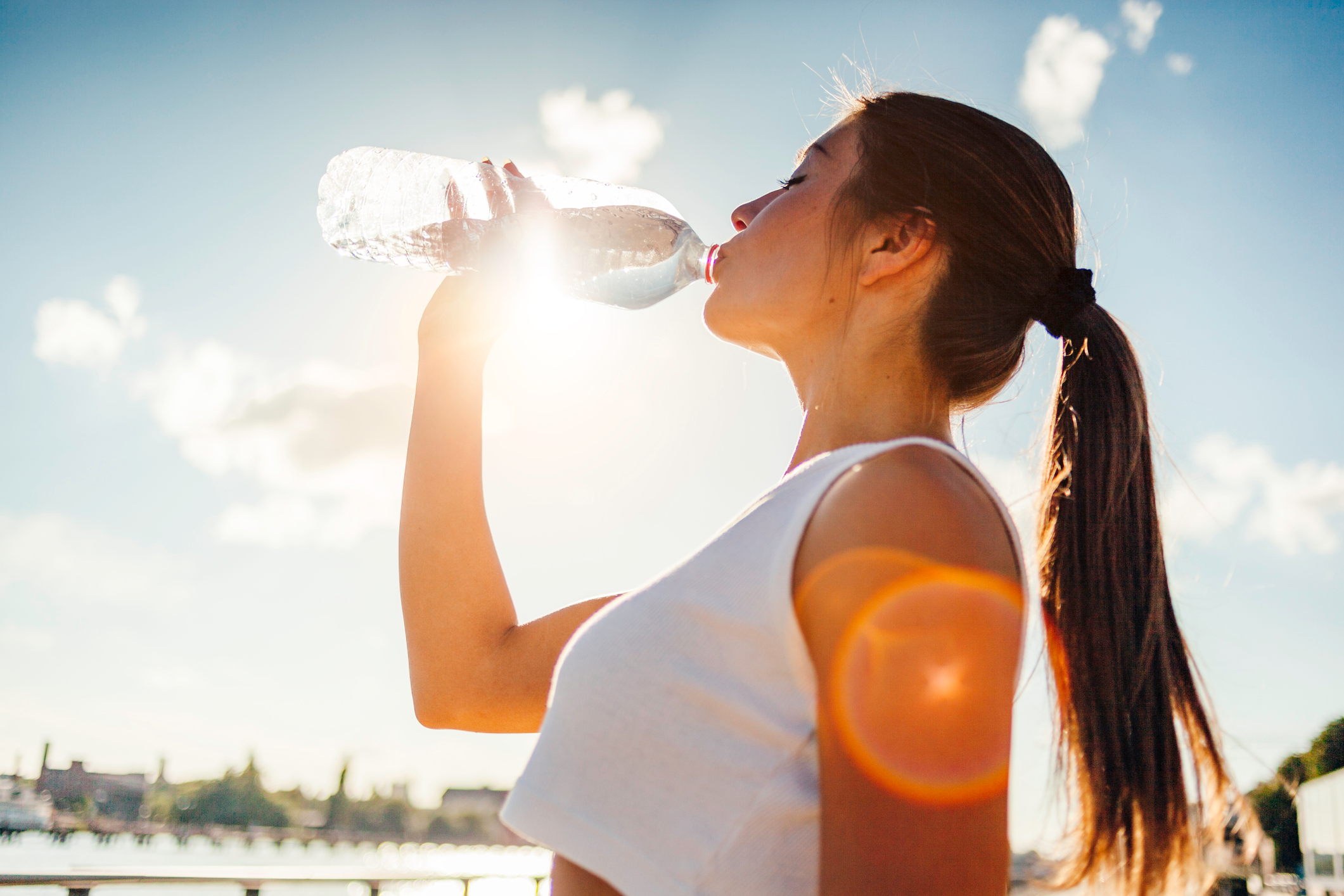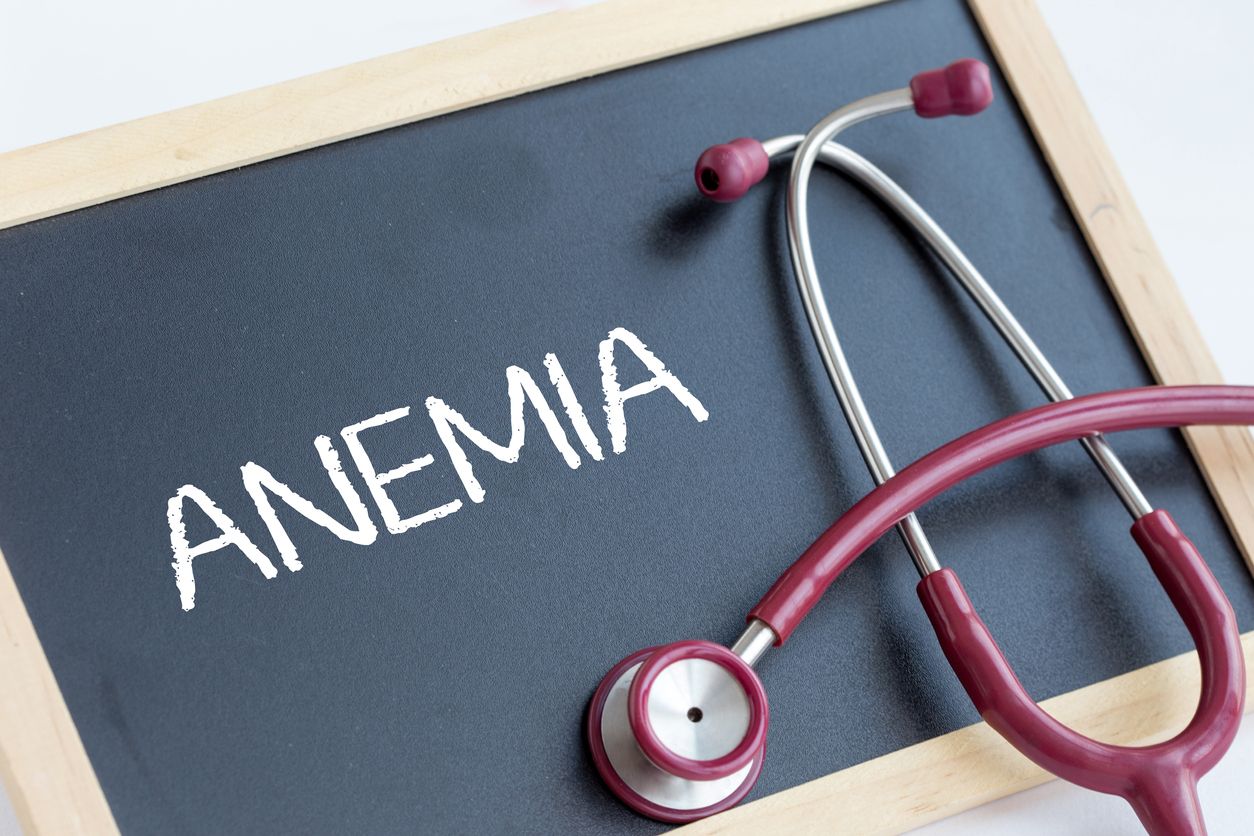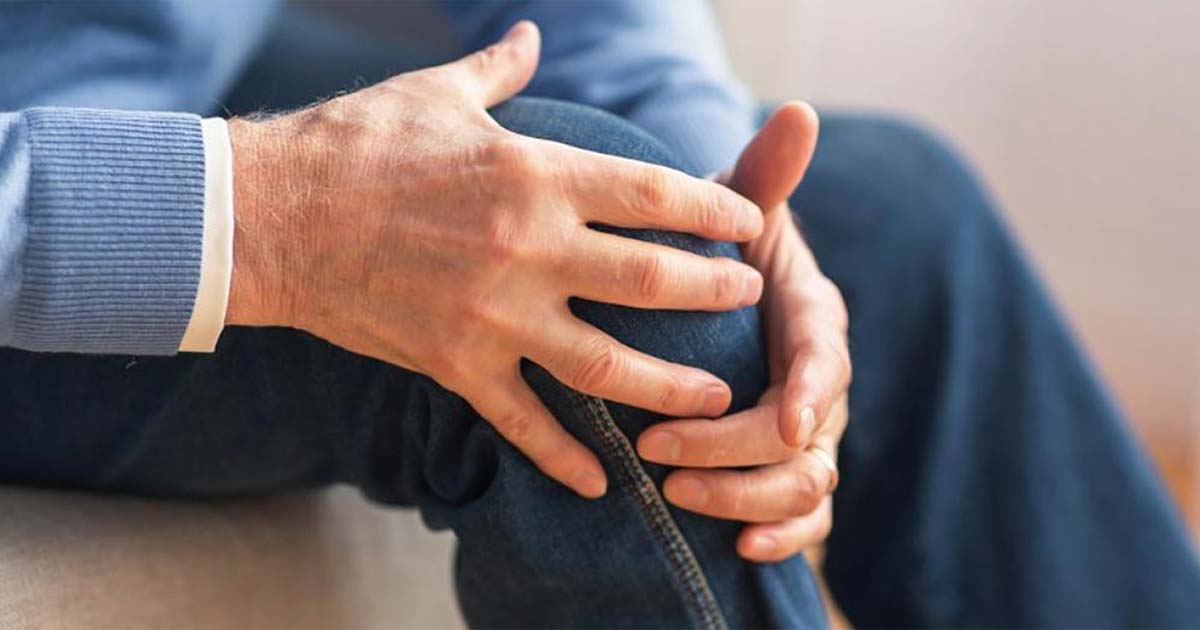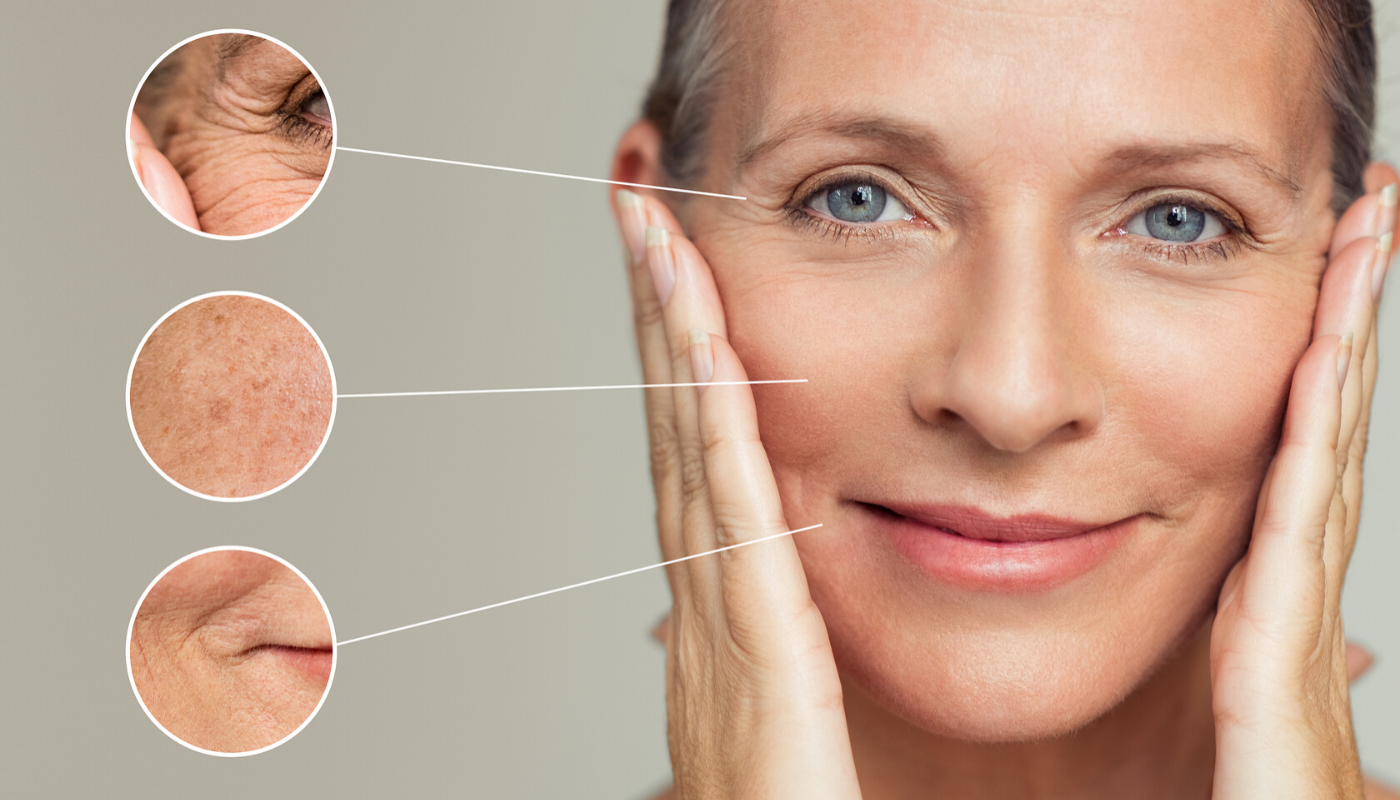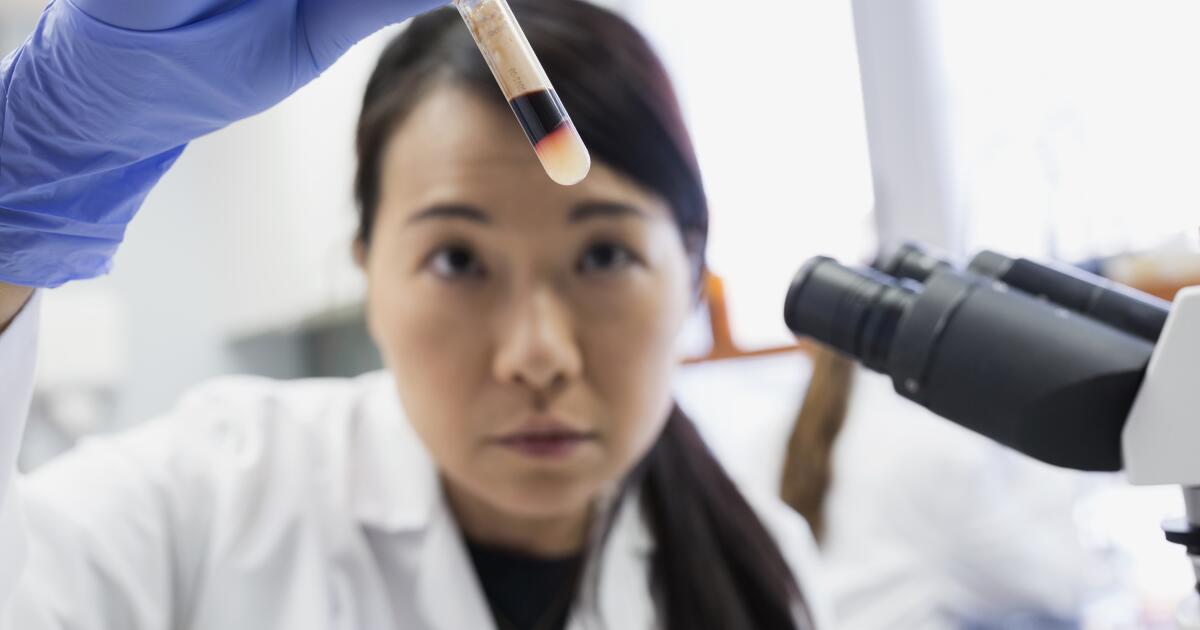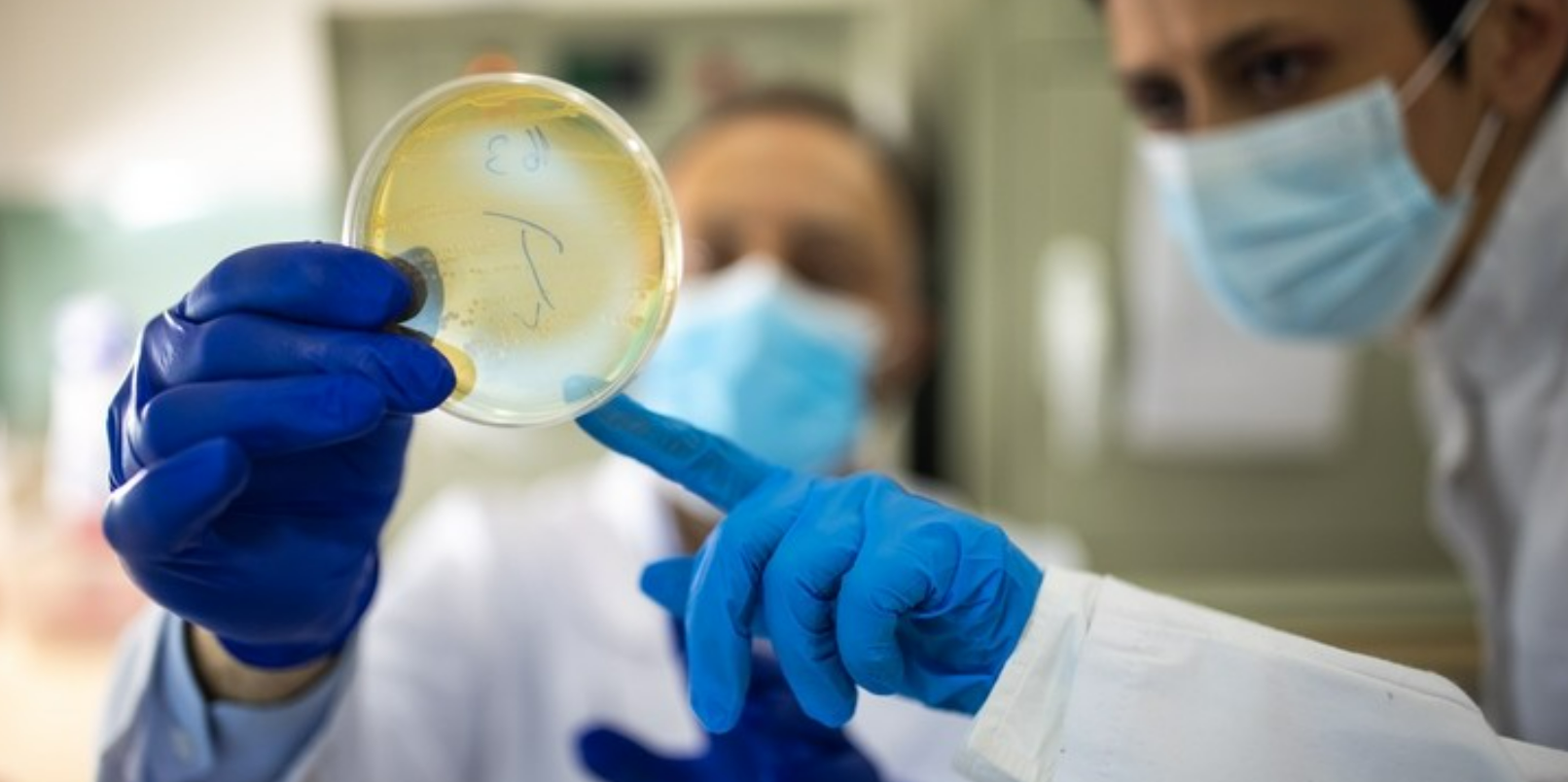Dehydration: More than Just Thirst – A Deep Dive into its Impact
Water the elixir of life plays a pivotal role in maintaining our overall health and well-being. However when our bodies lose more water than they take in we enter a state of dehydration a condition that if not promptly addressed can lead to significant health problems.
Dehydration can affect anyone regardless of age or health status but certain demographics like the elderly and pregnant women are particularly susceptible. Understanding the symptoms of dehydration its effects on these vulnerable groups and effective preventive strategies is crucial. Armed with this knowledge we can ensure our own health and that of our loved ones.
Symptoms of Dehydration
Understanding the symptoms of dehydration is pivotal to recognize and respond to this condition in a timely manner. These signs can range from mild to severe depending on the extent of dehydration.
Mild to Moderate Dehydration Symptoms
- Dry Sticky Mouth: This is one of the earliest signs of dehydration. As the body lacks adequate water saliva production decreases leading to a dry mouth.
- Thirst: Thirst is a clear sign that your body needs more water. However relying solely on your sense of thirst isn't always sufficient as it may not kick in until you're already mildly dehydrated.
- Decreased Urine Output or Darker Yellow Urine: Healthy hydration levels typically result in light-colored urine. If you're not using the bathroom every few hours or your urine is a darker yellow or amber it may be a sign that your body needs more water.
- Dry Cool Skin: Dehydration can lead to decreased sweat production causing your skin to feel cool and dry to the touch.
- Headache: Dehydration can trigger headaches or exacerbate existing ones. This is due to the fact that lack of water can cause the brain to temporarily shrink from fluid loss causing pain.
- Muscle Cramps: When you're dehydrated your muscles may cramp. This is because water is essential for muscle cells to work correctly and lack of it can lead to involuntary contractions or spasms.
Severe Dehydration Symptoms
- Extremely Dry Skin: In severe cases of dehydration the skin may lack elasticity. When pinched it may take a while to return to its normal position.
- Rapid Heartbeat and Breathing: Dehydration can cause a drop in blood volume leading your heart to work harder to pump blood. This can result in rapid heartbeat and breathing.
- Sunken Eyes: A noticeable sinking of the eyes into their sockets can be a sign of severe dehydration indicating a loss of skin elasticity and reduced fluid levels in the body.
- Sleepiness Lack of Energy Confusion or Irritability: As dehydration progresses it can affect brain function leading to symptoms like sleepiness decreased energy levels confusion and changes in mood.
- Little or No Urination and Any Urine Color That Is Darker Than Amber: Severely dehydrated individuals may produce very little to no urine. If any is produced it tends to be a deep amber or honey color.
- Fainting Especially Upon Standing: Severe dehydration can lead to low blood pressure causing dizziness or fainting especially upon standing up too quickly.
These symptoms underscore the importance of maintaining optimal hydration. It's essential to recognize these signs and take necessary steps to rehydrate the body and prevent further health complications. If severe symptoms are present it's crucial to seek immediate medical attention.
Dehydration in the Elderly
The elderly are particularly prone to dehydration due to physiological changes that occur with aging such as decreased kidney function and diminished sense of thirst. Dehydration in this age group can exacerbate existing health conditions and lead to complications like urinary tract infections pneumonia pressure ulcers confusion and even falls.
Prevention is key here. Encourage regular fluid intake even if the elderly person doesn't feel thirsty. Offering a variety of fluids like water juices soups and decaffeinated teas can make this task more appealing. And always remember to consult with a healthcare professional about the right amount of fluid intake especially for those with conditions like heart failure or kidney disease.
Dehydration in Pregnant Women
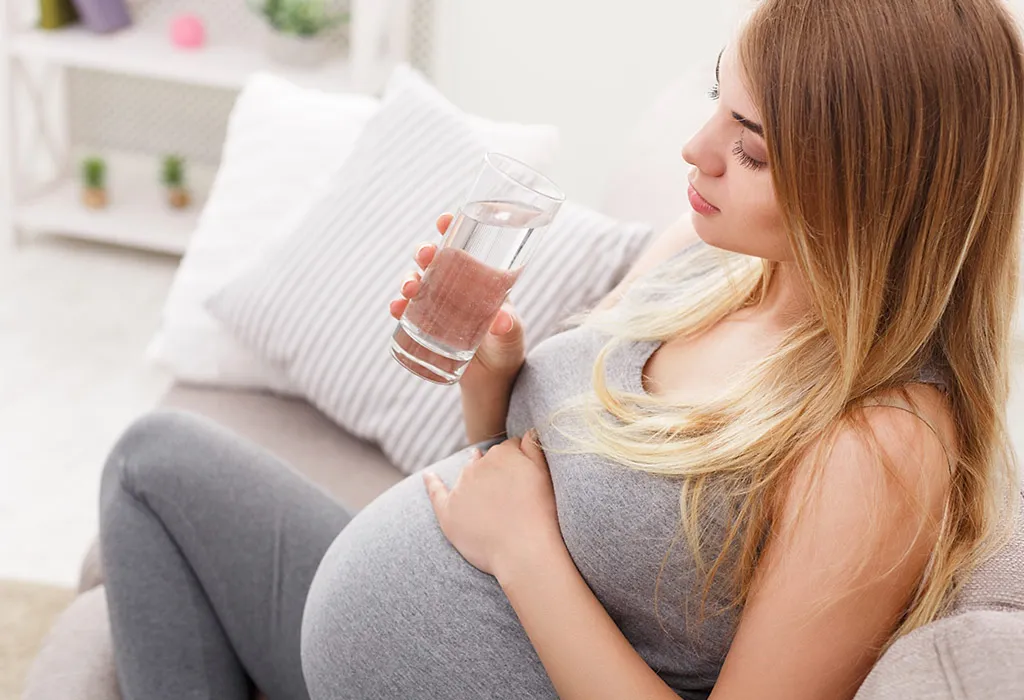
As we edge closer to the conclusion of our exploration let's shift our focus to another group susceptible to dehydration - pregnant women. The demands of pregnancy increase the body's need for water making pregnant women particularly vulnerable to dehydration. Hormonal changes increased blood volume and the needs of the growing fetus can all contribute to this heightened risk.
Dehydration during pregnancy can lead to serious complications such as neural tube defects low amniotic fluid inadequate breast milk production and even premature labor.
To prevent dehydration during pregnancy women should increase their fluid intake aiming for at least ten cups of fluids daily. This can include water milk 100% fruit juice and soups. Also wearing light clothing reducing physical activity during hot weather and sipping on fluids throughout the day can help.
In the end whether you're pregnant elderly or just leading a busy active lifestyle remember that staying hydrated is fundamental to overall health and well-being. So let's pledge to give hydration the attention it deserves and in doing so pave the way for better health and a more vibrant life.
Conclusion
We have journeyed through the intricate realm of dehydration unpacking its symptoms understanding its heightened impact on the elderly and pregnant women and exploring preventive strategies. In doing so we realize that dehydration is more than just thirst - it's a condition with far-reaching effects on our health.
By prioritizing hydration we not only prevent dehydration but also bolster our overall health supporting essential bodily functions and promoting wellbeing. As we navigate the journey of life let's carry this knowledge with us using it to make informed decisions about our health and the health of our loved ones.
Remember every sip counts. Make hydration a non-negotiable part of your daily routine and your body will thank you. Here's to a hydrated healthy future!

